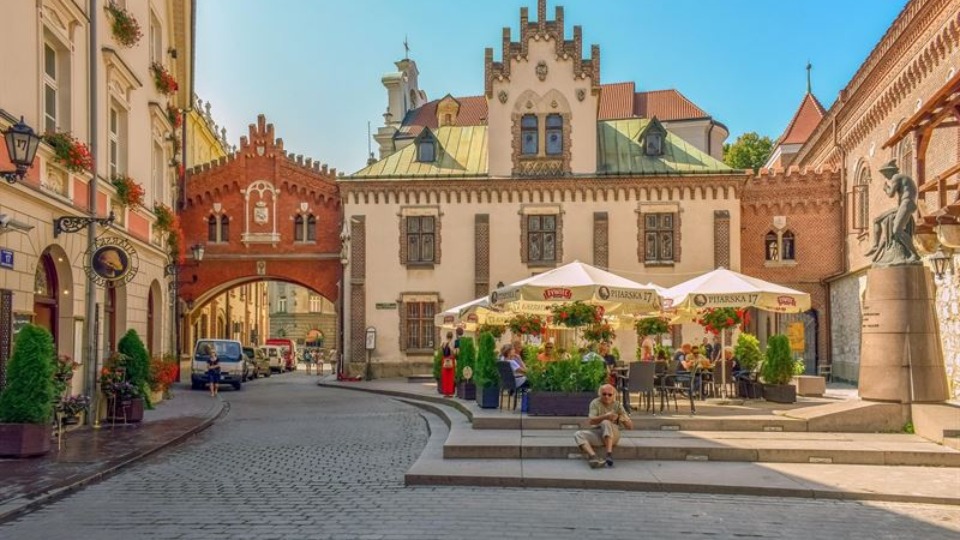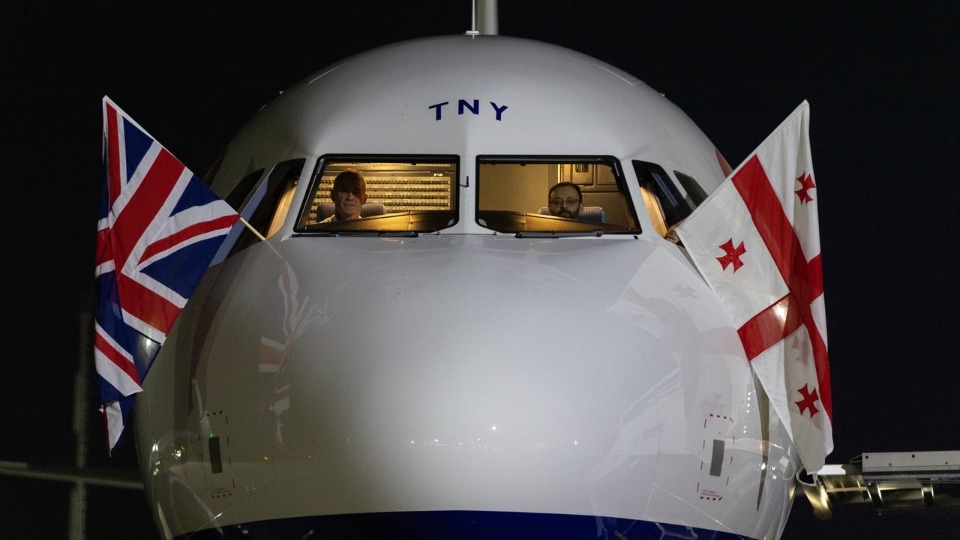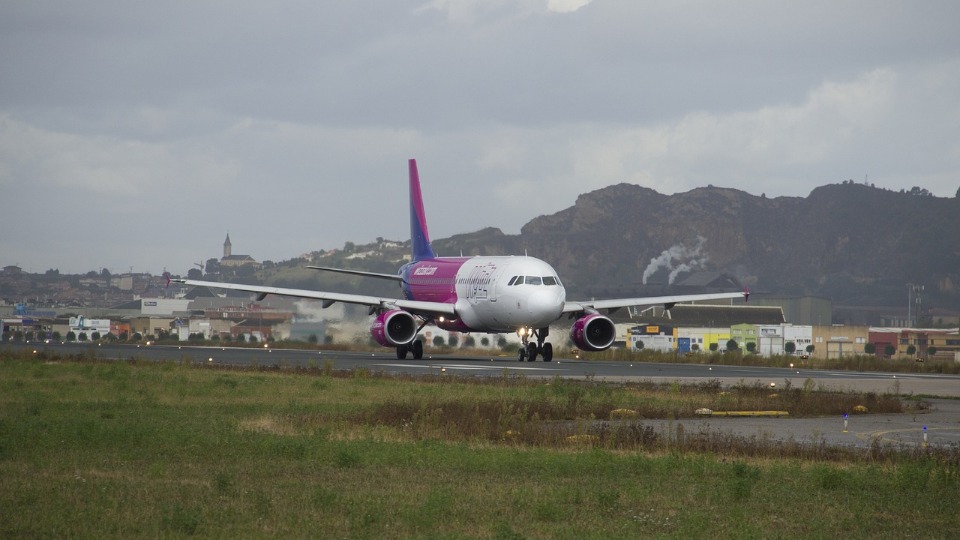
Dubai: Emirates Flags Costs of Sustainable Flying for Passengers and Airlines

In the pursuit of emissions reduction, airlines and manufacturers are dedicated to minimizing their carbon footprint.
However, the development and dissemination of sustainable aviation fuel (SAF) remain intricate and more expensive for both airlines and passengers.
In a groundbreaking move, Dubai-based Emirates airline conducted the world's first test flight of the Airbus A380, the largest passenger aircraft, utilizing 100 percent sustainable aviation fuel (SAF) in one of its four engines to assess performance. Adel Al Redha, the Chief Operating Officer of Emirates, addressed reporters at Dubai International Airport, acknowledging the challenges associated with SAF production and distribution.
Al Redha emphasized the formidable hurdles, stating:
"The cost of producing SAF is a challenge. Producing (enough) quantity and distributing it along all airports is a challenge. There are still physical challenges that as an industry we need to overcome. The current prices of producing SAF are really high and airlines will not be able to sustain such high prices or passengers. Once we produce (big) volume, definitely, that will be a factor in reducing the production and distribution cost."
Sustainable aviation fuel is derived from non-petroleum-based renewables, including components from municipal solid waste, woody biomass, fats, greases, and other feedstocks. It has the potential to reduce carbon emissions by up to 85 percent over the fuel's life cycle compared to traditional jet fuel.
When questioned about Emirates' specific targets for SAF usage, Al Redha emphasized the importance of industry-wide support, stating:
“It’s not about Emirates setting a target, it is about what is really available in the industry to support.”
Al Redha expressed optimism about the future availability of SAF, citing the commitment of major entities such as IATA, airlines, and manufacturers to emission reduction. Emirates has expanded its collaboration with Neste to procure over 3 million gallons of blended SAF for flights departing from Amsterdam Schiphol and Singapore Changi airports in 2024 and 2025.
While Emirates currently obtains SAF in Norway and France, the airline aims to incorporate sustainable fuel at various airports as the supply becomes more widespread, envisioning a significant achievement if 10 to 13 percent of SAF is available globally within the next five years.
Source: khaleejtimes.com








